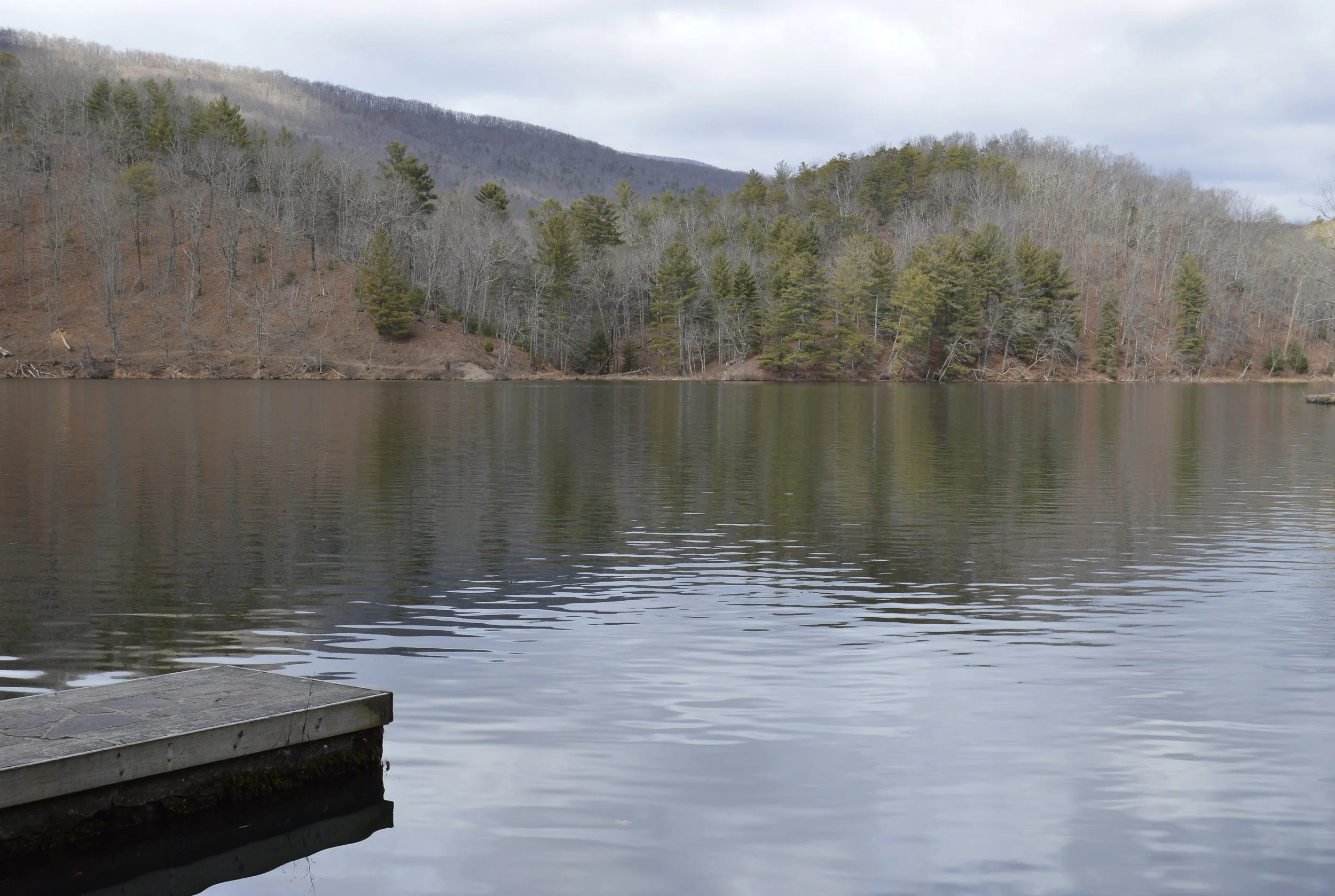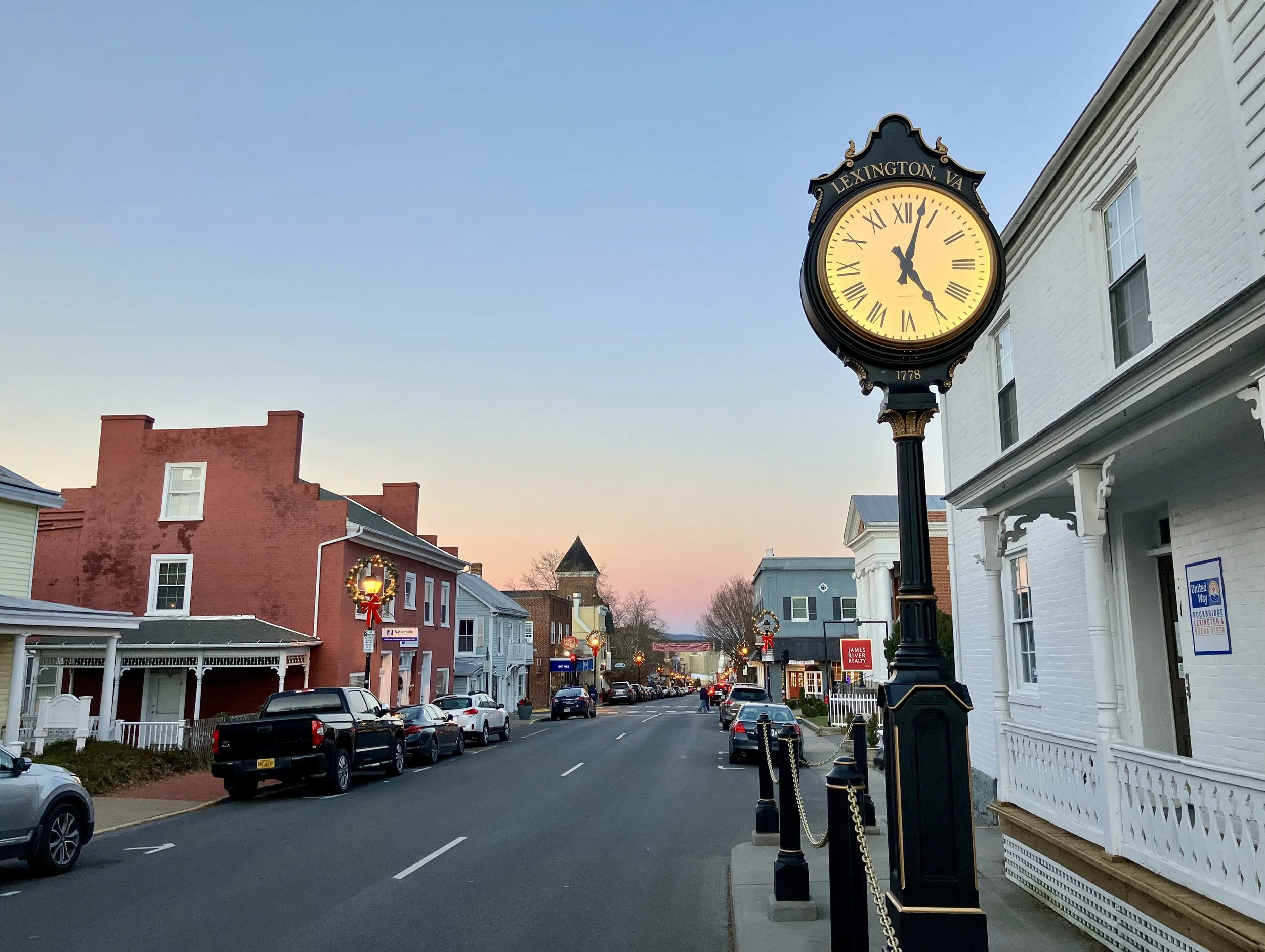As we all enter this new year it helps to be reminded of what lies ahead. And the only measure of time we truly have at our disposal are the moments of daily life. As pastor Mark Batterson states, “Time is measured in minutes. Life is measured in moments.” Resolutions for future change are all well and good but unless we are living in the present we are likely to miss the miracles available in the meantime.
And I got the title for this post from a recent read titled Cabin Fever: A Suburban Father’s Search for the Wild by Tom Montgomery Fate. As a fellow fan of Henry David Thoreau he wrote, “[Thoreau] tried to live in what he called ‘the gospel of the moment,’ seemingly unfettered to anything but the sun and the woods and the pond. I can’t imagine him ever writing out a to-do list. Maybe a to-be list?” Not likely a list of resolutions however.
After a quiet evening with friends to ring in the new year, Linda and I hiked around a nearby state park on New Year’s Day (which is free each year) with our new hiking sticks. It was a welcome reminder to periodically spend time in nature in order to rejuvenate ourselves. And another restorative activity we enjoyed that will resonate with regular readers is cocooning at home with relaxing music and good books.
A book I read ages ago is We Were an Island: The Maine Life of Art and Nan Kellam by Peter P. Blanchard III. It is the story of the Kellams’ move to a coastal Maine island to escape the mania of modernity. “Art and Nan were in open rebellion against the practices and priorities of their media-dominated century,” he writes. “They knew that, on the mainland, cherished moments of undistracted, mutual enjoyment in reading, writing, and listening had become a rarity.”
So, whatever your retreat of choice remember to enjoy the special moments that make up this coming year and celebrate them with an eye toward timelessness. As author Gary Eberle reminds us in Sacred Time and the Search for Meaning, “In moments of rapture, deep meditation, dream states, or intense celebration, we feel liberated from time’s passing. The clock does not stop, of course, but we do not hear it ticking.”












